Dehydrogenase
Dehydrogenases, belonging to the class of oxidoreductases which catalyze donor-acceptor reactions to transfer electron molecules from the oxidant to the reluctant, are a diverse group of enzymes that are able to transfer one or more hydrides (H-) from a substrate to an electron acceptor, such as nicotinamide adenine dinucleotide (NAD+), nicotinamide adenine dinucleotide phosphate (NADP+) or Riboflavin, through oxidation and reduction. Three commonly studied dehydrogenase enzymes include alcohol dehydrogenase (ADH) which catalyzes the reduction of acetylaldehyde to ethanol in plant cells, succinate dehydrogenase which oxidizes succinate to fumarate, and lactate dehydrogenase which catalyzes the reversible oxidation of lactate to pyruvate.
-
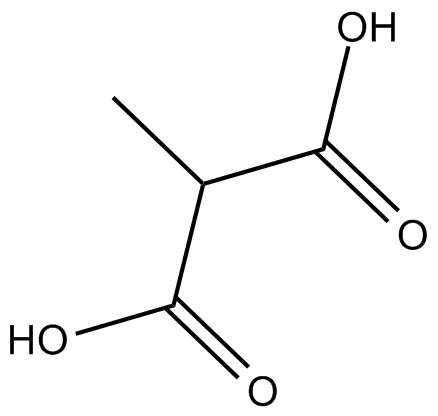 B7725 MethylmalonateSummary: reversible succinate dehydrogenase inhibitor
B7725 MethylmalonateSummary: reversible succinate dehydrogenase inhibitor -
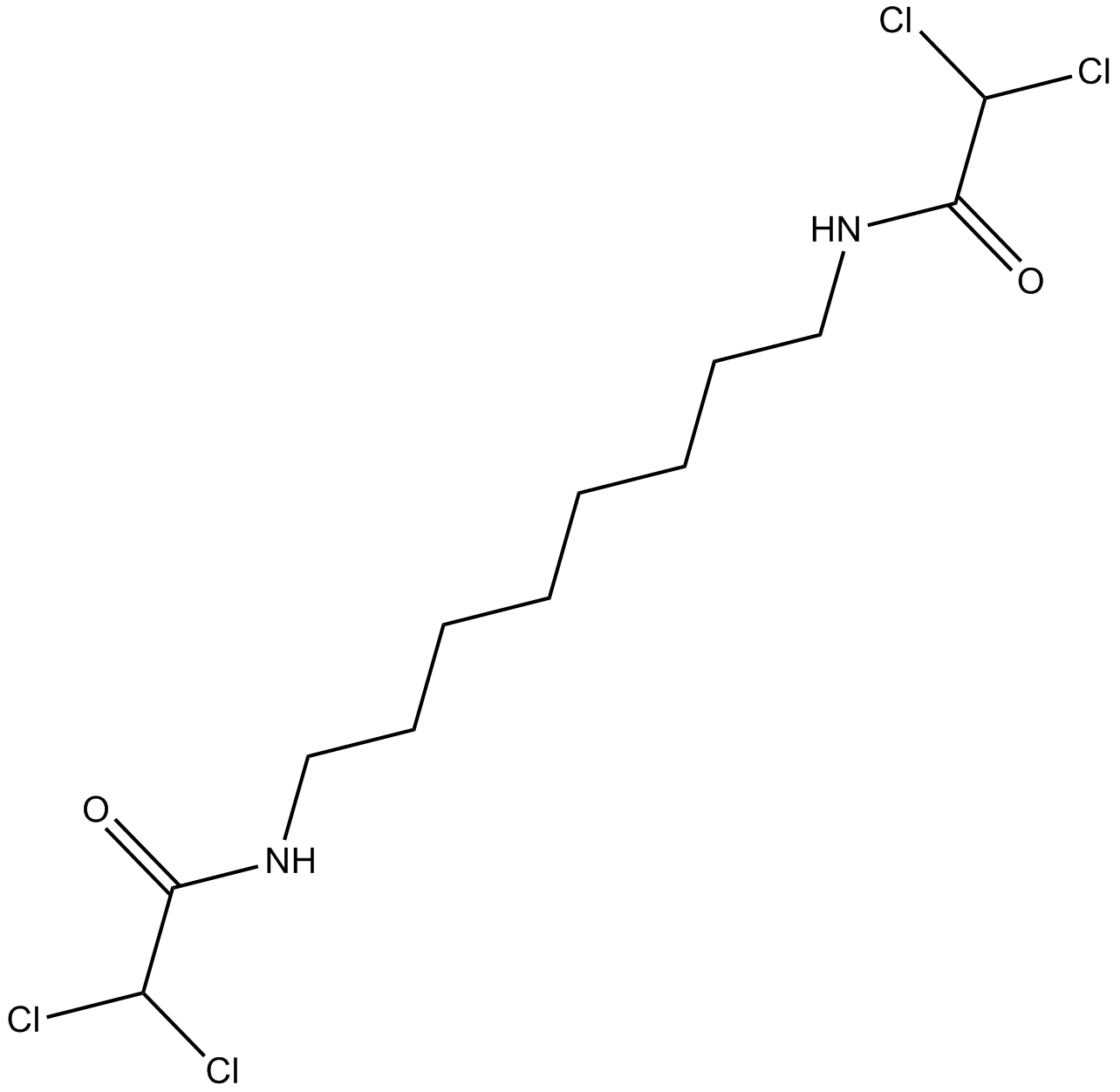 B5697 WIN 18446Summary: inhibitor of aldehyde dehydrogenase 1a2 (ALDH1a2)
B5697 WIN 18446Summary: inhibitor of aldehyde dehydrogenase 1a2 (ALDH1a2) -
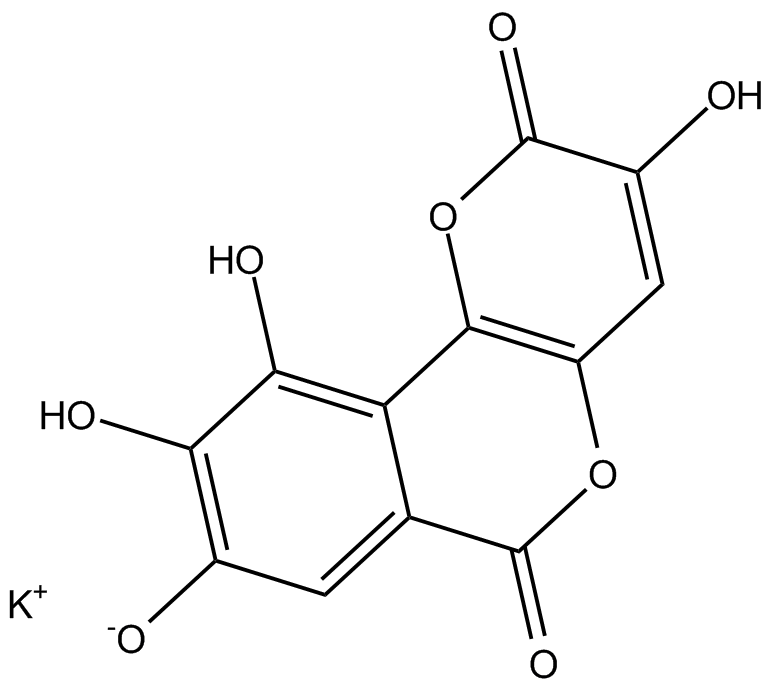 B5716 GalloflavinSummary: human lactate dehydrogenase (LDH) inhibitor
B5716 GalloflavinSummary: human lactate dehydrogenase (LDH) inhibitor -
 B6104 BVT 2733Summary: 11beta-hydroxysteroid dehydrogenase type 1 (11β-HSD1) inhibitor
B6104 BVT 2733Summary: 11beta-hydroxysteroid dehydrogenase type 1 (11β-HSD1) inhibitor -
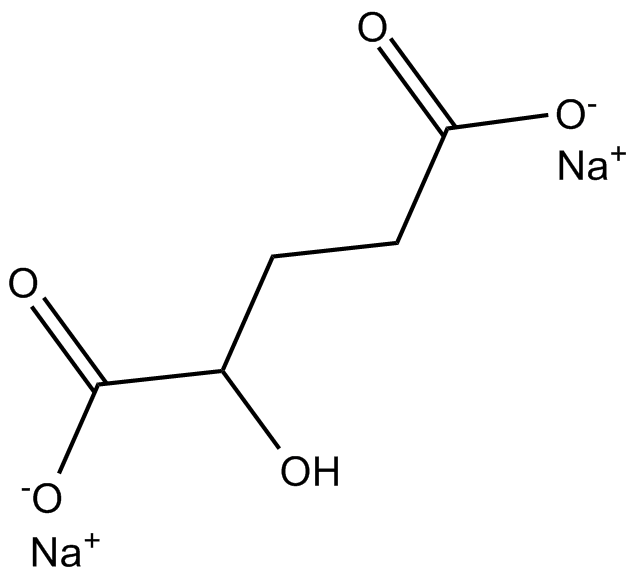 A3837 DL-α-Hydroxyglutaric acid disodium saltSummary: alpha hydroxy acid
A3837 DL-α-Hydroxyglutaric acid disodium saltSummary: alpha hydroxy acid -
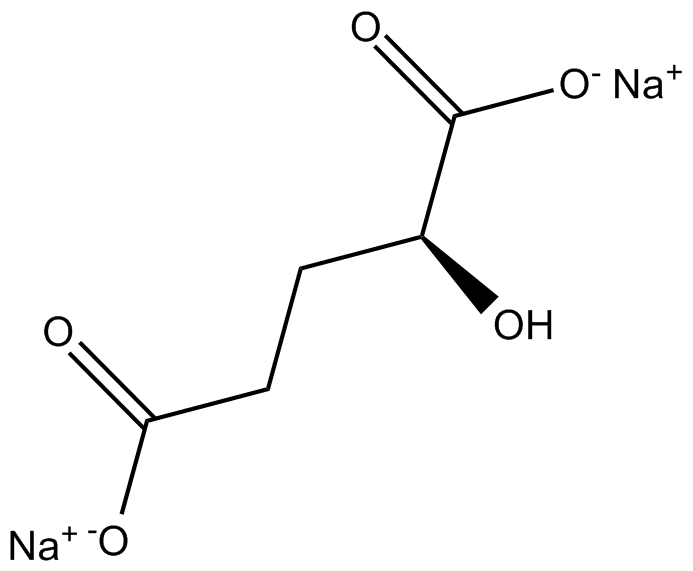 A1606 L-a-Hydroxyglutaric acid disodium saltSummary: salt form of L-α-Hydroxyglutaric acid
A1606 L-a-Hydroxyglutaric acid disodium saltSummary: salt form of L-α-Hydroxyglutaric acid -
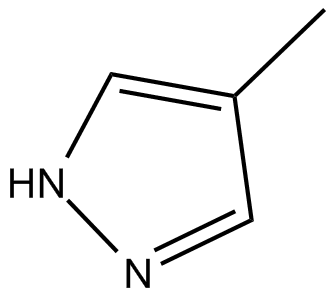 B6124 FomepizoleSummary: competitive inhibitor of the enzyme alcohol dehydrogenase
B6124 FomepizoleSummary: competitive inhibitor of the enzyme alcohol dehydrogenase -
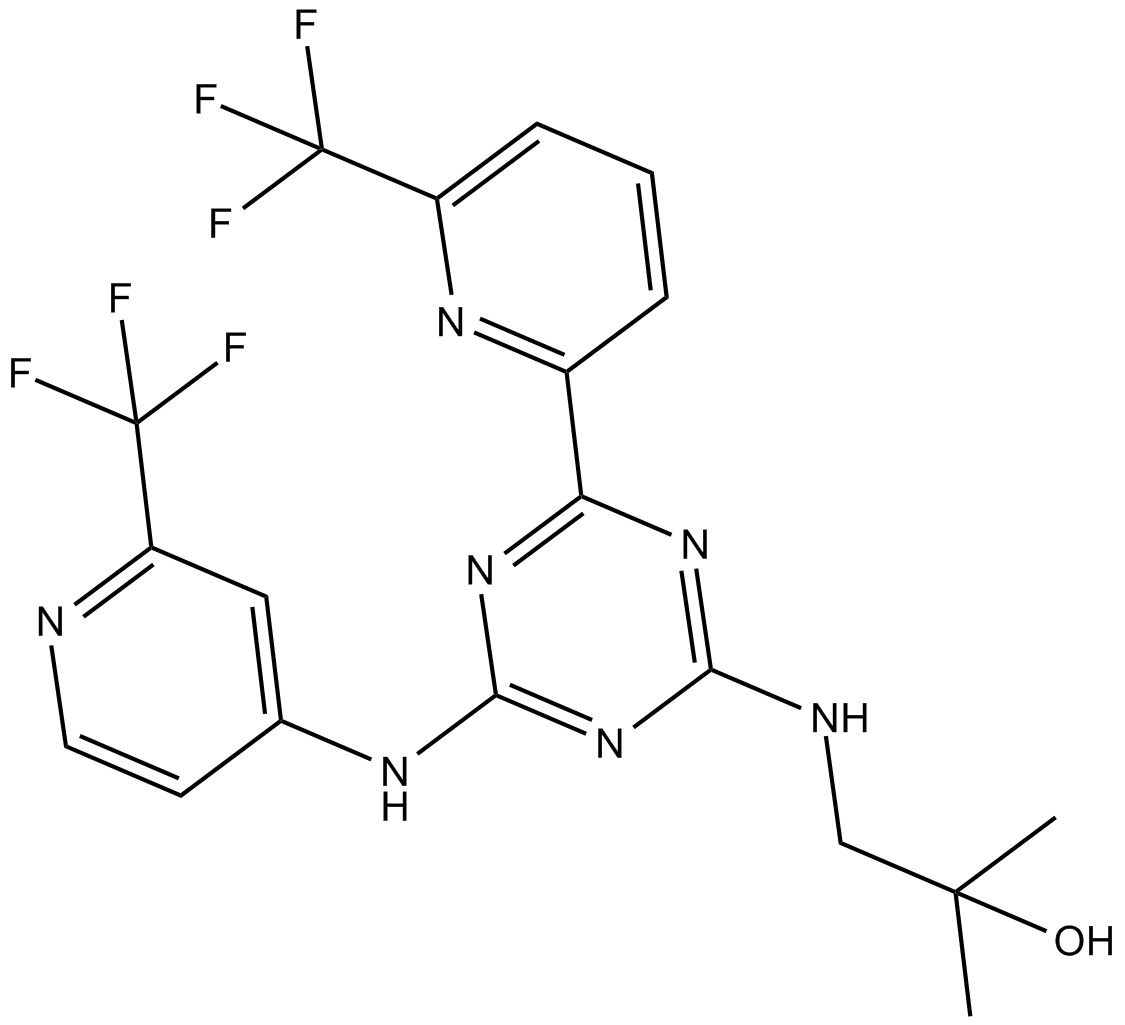 B7804 AG-221 (Enasidenib)Summary: mutant isocitrate dehydrogenase 2 (IDH2) inhibitor
B7804 AG-221 (Enasidenib)Summary: mutant isocitrate dehydrogenase 2 (IDH2) inhibitor -
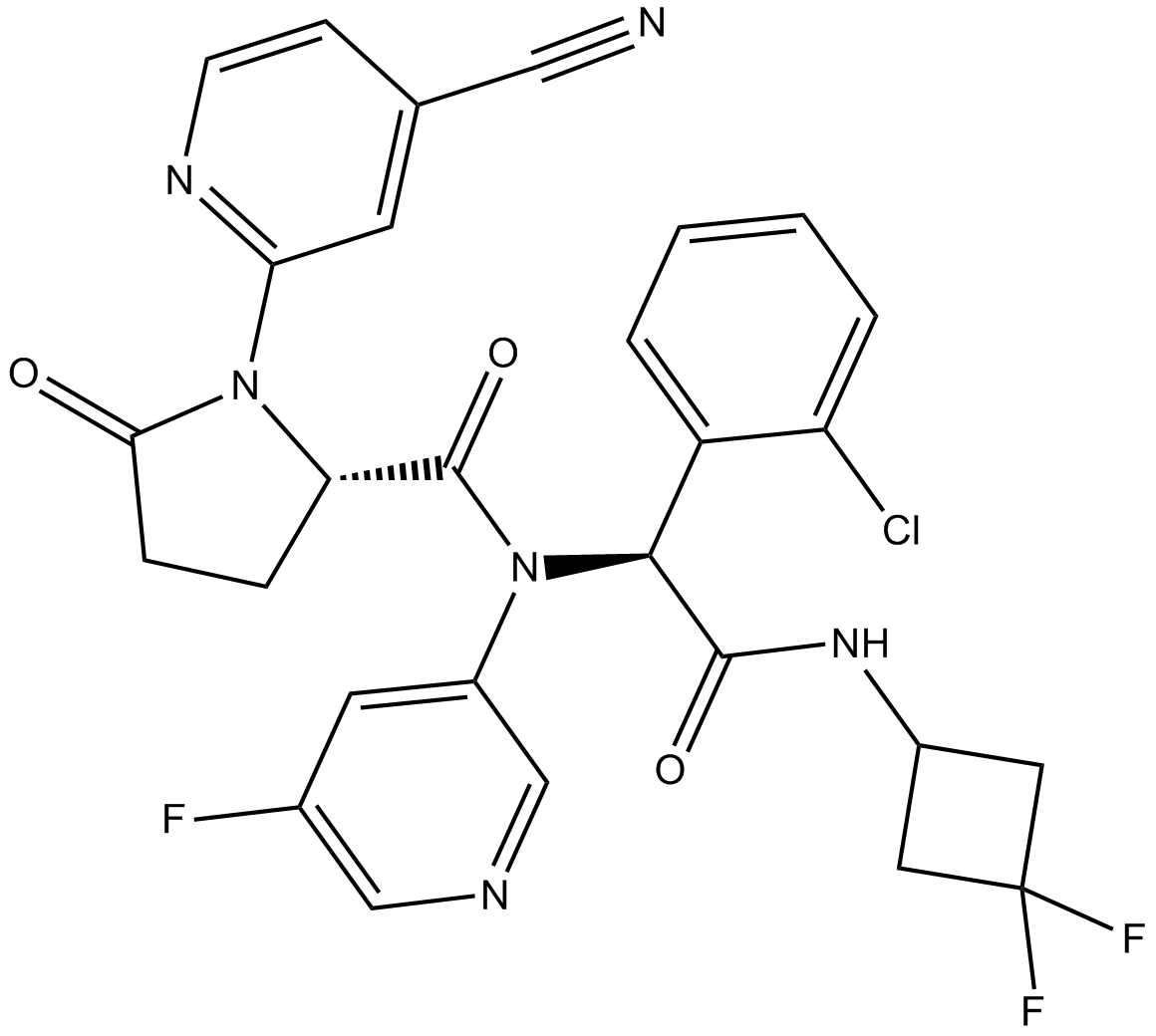 B7805 AG-120Summary: mutant IDH1 inhibitor
B7805 AG-120Summary: mutant IDH1 inhibitor -
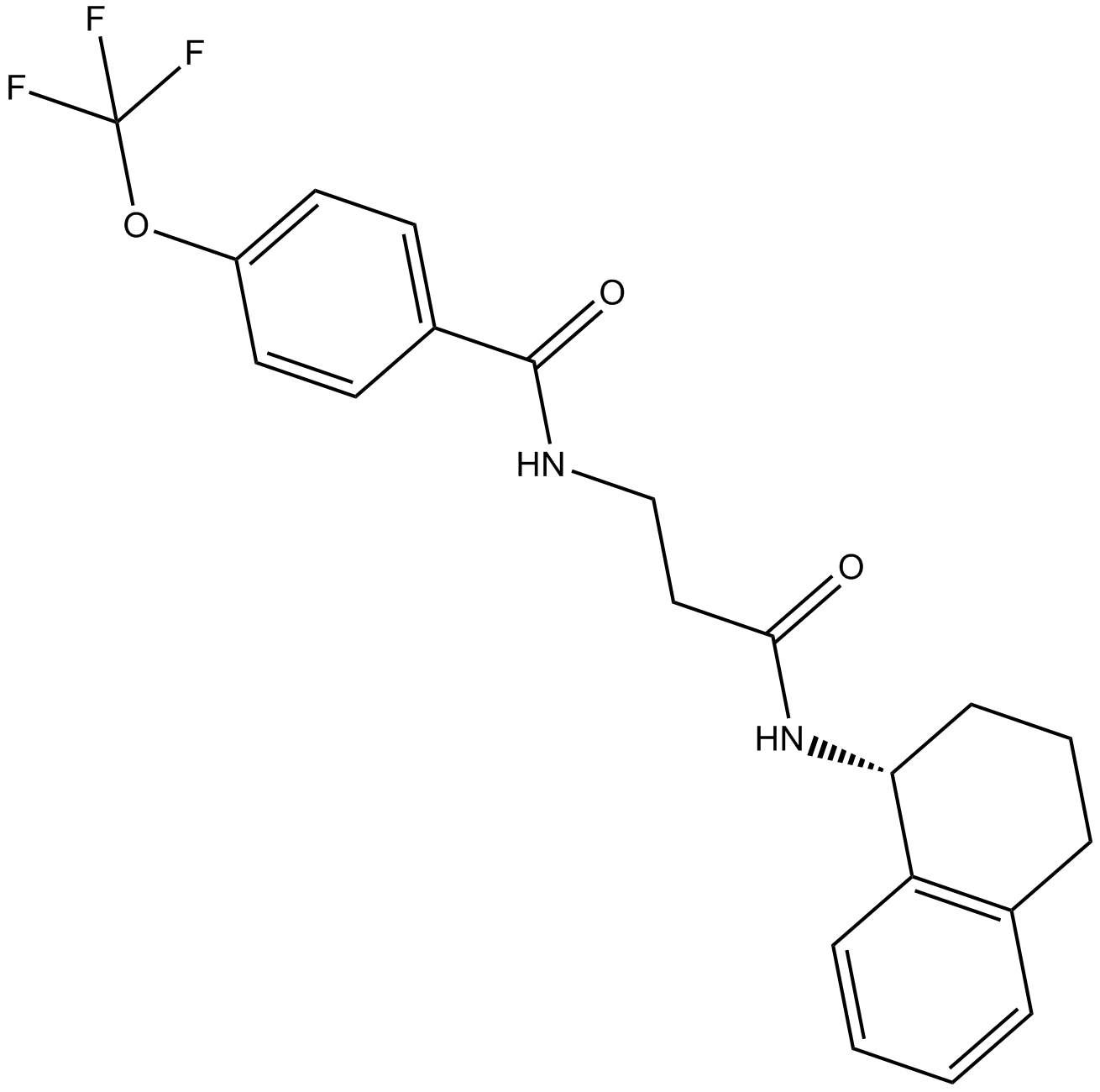 B7824 ML390Summary: human DHODH inhibitor
B7824 ML390Summary: human DHODH inhibitor

